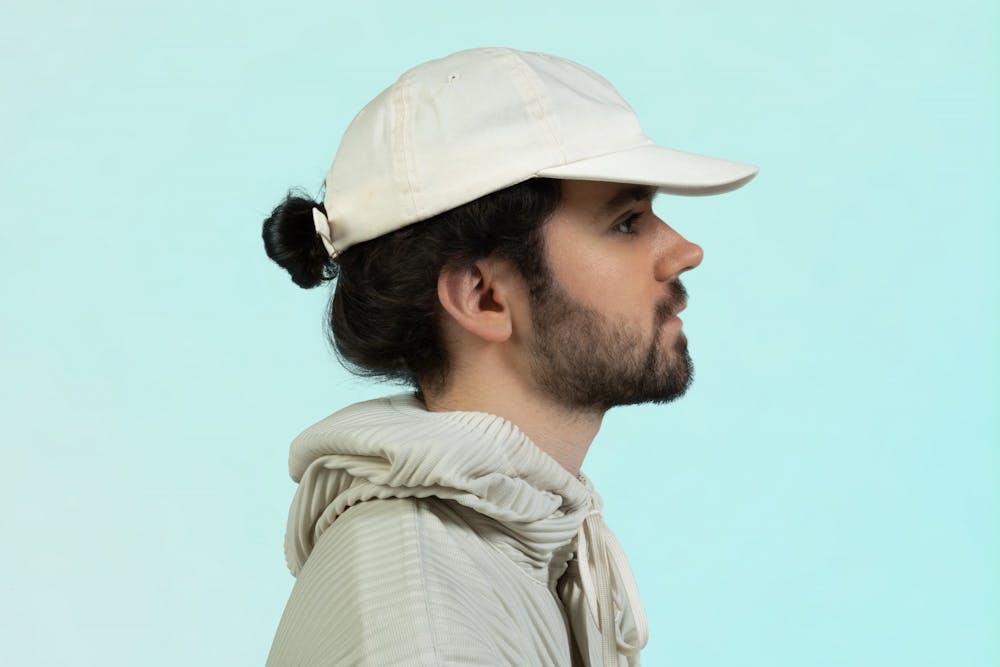Madeon launched his career off of a viral video. “Pop Culture"—an intricate 39–song mashup uploaded onto his Youtube channel in 2011—blew up within days. It’s since amassed over 50 million views. Multiple record labels approached him based on the strength of his mashup, and he soon signed with Columbia Records.
Since then, Madeon (whose real name is Hugo Leclercq) has released an EP, his debut album Adventure, and the wildly popular single "Shelter" with fellow electronic musician Porter Robinson. Good Faith, Madeon’s second album, released on Nov. 15, feels like his best yet—it's a personal, happier, more mature extension of his previous work.
The album begins with more pop–friendly tracks, most likely tailored for maximum chance at exposure. “Dream Dream Dream” layers a chopped–up choir vocal with shimmering synths before it drops away into quiet, pitch–modulated verses sung by Madeon himself. While only two of Madeon’s previous songs—”Shelter” and “Home”—featured his own vocals, on Good Faith, his voice takes a major role. Sure, it’s run through effects and modulation until it sounds almost like a synth, but the album isn’t Madeon–production plus guest vocalists, like Adventure was. It’s showcasing Madeon as a holistic artist.
Good Faith is at its best when Madeon’s vocals match up with the triumphant synth work he first became famous for. On “Be Fine,” the album’s third single, the normally reserved Madeon sounds confident, singing, “Today the world is gonna do me right / The sun is rising in my head / Until I just cannot believe my eyes” over a bouncy synth guitar and choral shouts. “Nirvana” and “Miracle” both build slowly from quiet vocals into crescendos of sound, with Madeon layering subtle arpeggios over vocal chop, creating a shimmering wall of guitar and synth. While Madeon is no stranger to sonic journeys or innovative sound design—see “Technicolor” or “Icarus” of his The City EP—his layering and sound choices are more deliberate and mature on Good Faith, and the album benefits from it.
Though it contains the album highlight “Hold Me Just Because,” which features a beautiful Brasstracks–assisted horn crescendo, the back half of the album is more forgettable. The vocals on songs like “Heavy With Hoping” and “Borealis” simply don’t hit as hard as some of the standouts from the first half, and while there are still interesting melodic and instrumental portions of the song, they're not enough to fully carry it. The first single “All My Friends” also sees Madeon trying to be something he’s not: The poppy production and repetitive lyrics seem like an attempt to garner some mainstream attention and radio play.
But Madeon isn’t a pop star, or at least shouldn’t be. He’s a producer first and foremost, even if he uses his own vocals. When he frames his songs as such—letting the gorgeous instrumentals work alongside his modulated vocals rather than simply using them as a means to an end—Good Faith succeeds. Madeon should remember that “Pop Culture,” his first break into fame, wasn’t great because it was made of pop songs. It was his genius arrangement and production that made it so.







